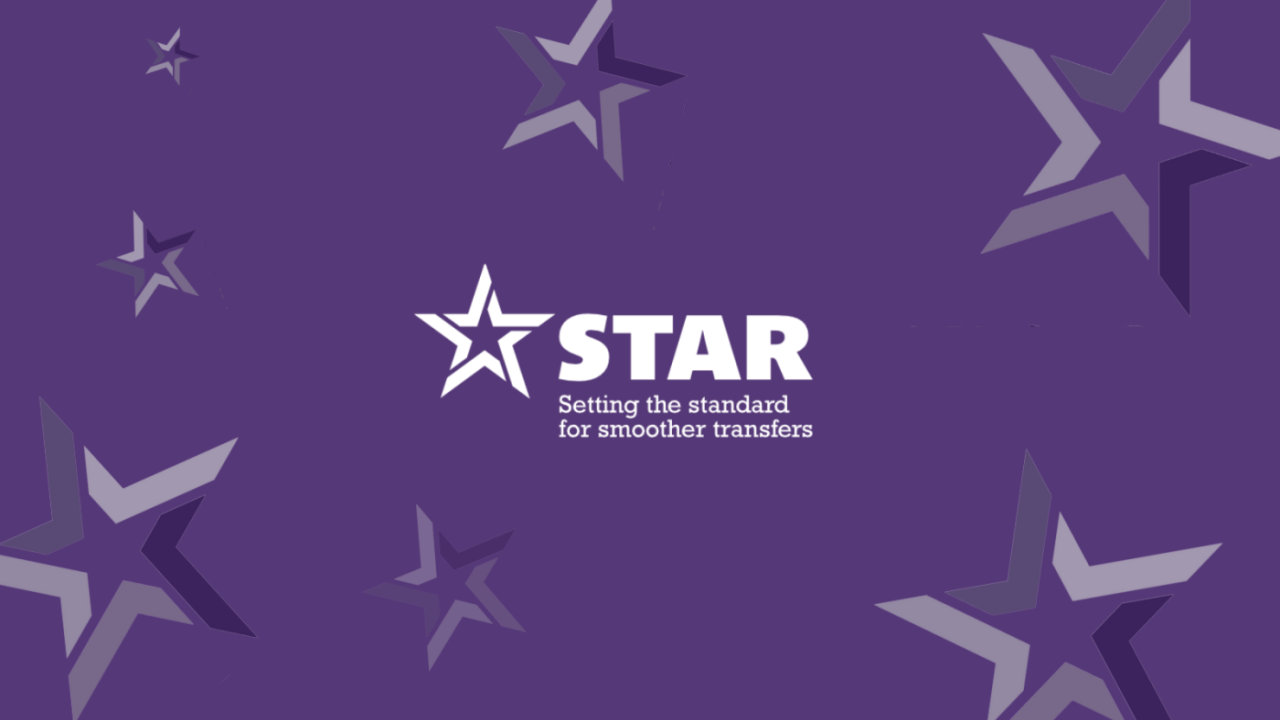It’s been over one year since the Financial Conduct Authority’s (FCA) Consumer Duty rules were introduced to the industry. These rules were created to encourage fairer practices and better outcomes for consumers, and in turn, help the economy to prosper.
The transfer of savings, pensions and investments has been a longstanding issue for advisers and their clients, often fraught with complexities and delays. As digital technology advances, people increasingly expect financial transactions to happen quickly and seamlessly. However, individuals attempting to move their funds between different financial institutions or investment platforms often encounter bureaucratic hurdles, unclear processes, and extended transfer times that fall short of these expectations.
These delays not only cause frustration but can also lead to financial losses, as advisers and consumers miss out on timely market opportunities or face difficulties accessing their funds. The growing demand for faster, more transparent, and reliable transfer processes reflects the modern expectation for efficiency and immediacy in all financial dealings.
The FCA’s expectation on Consumer Duty and STAR
The FCA recognise that the effective transfer of funds for consumers is fundamental to providing good outcomes, and has outlined its expectations that firms engage with STAR to provide evidence that they are making progress towards this:
- Firms are expected to engage with STAR and support the principles and actions endorsed by the FCA in connection with the STAR initiative.
- Firms reporting poor transfer times compared to peers, and not already engaged with STAR, will face inquiries about their reasons for non-engagement. The FCA is prepared to act if progress on transfer times is lacking.
As a vehicle to standardise and demonstrate reasonable industry transfer times, we expect firms to engage with, (if not already) and continue to, support the principles and FCA Public actions endorsed by STAR initiative. Where firms are reporting poor transfer times in comparison with peers and do not already engage with STAR, we will be enquiring about their justification for non-engagement and will act in the absence of progress on transfer times.
The FCA has been explicit in its mandate that financial firms must participate in the STAR initiative and is integral to ensuring that consumers experience fair treatment and timely service.
In 2024, STAR received 61 MI submissions and awarded 53 accreditations. However, despite the growth of STAR and clear directive from the FCA, many firms continue to fall short in adopting STAR. This failure not only undermines consumer trust but also risks regulatory repercussions, as firms struggle to align their practices with the FCA's heightened expectations for good consumer outcomes and standards.



